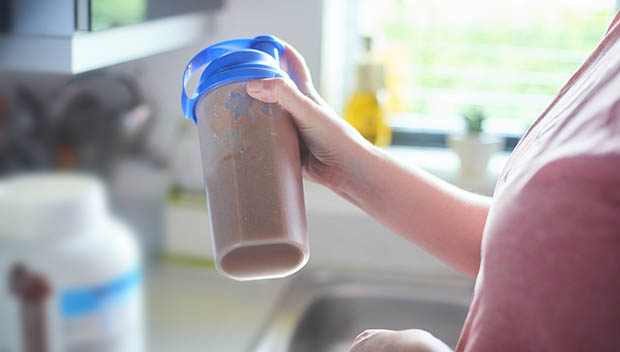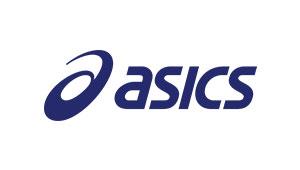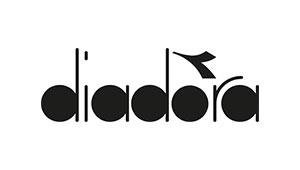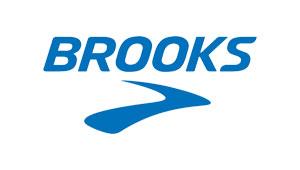
If you regularly work out, you're probably aware that it's important not to wait too long to eat or drink something after a workout. You've likely also heard that, that "something" should be protein-rich to maximize recovery.
But if you're not close to home or just don't have the time to whip up a high-protein snack after your cardio session, a ready-to-drink or self-mixed protein shake made from protein powder and a liquid of your choice (milk, almond milk, coconut water, and even plain water itself are all great options) is an ideal solution for quickly replenishing nutrients.
"Protein powders are especially great if you know you are going to wait an hour or longer to get a balanced meal in," Starla Garcia, M.Ed, RDN, LD, a registered dietitian at Advice for Eating in Houston, says. "Protein shakes are also often easier on the stomach than solid foods right after workouts, especially if you're doing so very early in the morning or in the late evening and feel like your stomach can't handle food at those times."
There are plenty of solid protein powder options available, from whey to plant-based pea and hemp. One of the first things Garcia advises athletes to look for is a label that confirms it is Certified for Sport by NSF International, in addition to a list of natural ingredients.
"The NSF Certified for Sport label is especially important for athletes training at a competitive level because if you're not careful, you can get flagged for cheating or using banned substances," Garcia says. "I also like to check ingredient labels for red flags like artificial flavors, partially hydrogenated oil, vegetable oils, carrageenan, as well as artificial sweeteners, chemicals or even if sugar is one of the first ingredients."
Because many protein powder options are not complete proteins, Garcia emphasized the fact that they should only be used to supplement your regular diet and that you should make sure you're still getting adequate levels of protein from real foods as well. If you have a milk allergy or are lactose intolerant, plant-based, vegan or dairy-free options are ideal. Garcia encourages people to check ingredient lists for at least two protein sources, such as soy, rice, pea or hemp proteins.
"Having at least two helps make it a complete protein source," she says.
5 Protein Powder and Shake Options for Athletes
Whey Protein Powder
Often available in flavors like chocolate and vanilla, whey comes from milk and is a great option for those who don't have dietary restrictions that limit dairy intake. Many people prefer this protein powder option because the texture and flavor of a whey protein shake is often similar to a regular milkshake, especially when mixed with cow's milk instead of water. And if you're don't have a milk allergy or aren't lactose-intolerant but still find dairy to be difficult to digest, choosing an isolate version can be helpful because it contains a minimal amount of lactose, or milk sugar.
Dairy-Based Protein Shakes
As mentioned earlier, pre-made shakes can be especially appealing for people who don't have a lot of time between a workout and needing to get on with their day. Garcia recommends using one made with organic or grass-fed milk (such as Orgain or Organic Valley because they're free of added hormones such as rBST (recombinant bovine somatotropin, a type of artificial growth hormone).
Hemp Protein Powder
Another plant-based protein option, hemp, is high in omega-3 fatty acids ("good fats," which help to fight muscle damage and soreness), along with several essential amino acids.
Pea Protein Powder
If you're vegan or vegetarian, pea protein powder is a good option that's made from high-fiber yellow split peas that are also full of essential amino acids that help to support muscle recovery and promote energy production.
Mixed Plant-Based Protein Powder
Some plant-based protein powder options, such as hemp and brown rice, while high in certain key nutrients, are not considered to be a complete protein source because they're low in lysine, an essential amino acid. A solution to this issue is to opt for a mixed, plant-based protein powder (such as Vega or Only What You Need (OWYN)), which can contain a variety of protein sources such as brown rice, pea and hemp, as well as others like chia seeds, flax seeds or alfalfa.
READ THIS NEXT: 9 Best Protein Bars & Products
Get ACTIVE on the Go


Couch to 5K®
The best way to get new runners off the couch and across the finish line of their first 5K.
Available for iOS | Android






Discuss This Article